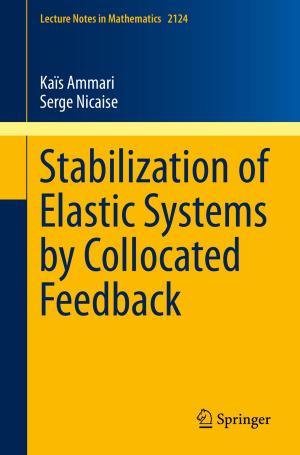Language and Cognitive Structures of Emotion
Nonfiction, Reference & Language, Language Arts, Linguistics, Religion & Spirituality, Philosophy, Mind & Body| Author: | Prakash Mondal | ISBN: | 9783319336909 |
| Publisher: | Springer International Publishing | Publication: | September 13, 2016 |
| Imprint: | Palgrave Macmillan | Language: | English |
| Author: | Prakash Mondal |
| ISBN: | 9783319336909 |
| Publisher: | Springer International Publishing |
| Publication: | September 13, 2016 |
| Imprint: | Palgrave Macmillan |
| Language: | English |
This book examines linguistic expressions of emotion in intensional contexts and offers a formally elegant account of the relationship between language and emotion. The author presents a compelling case for the view that there exist, contrary to popular belief, logical universals at the intersection of language and emotive content. This book shows that emotive structures in the mind that are widely assumed to be not only subjectively or socio-culturally variable but also irrelevant to a general theory of cognition offer an unusually suitable ground for a formal theory of emotive representations, allowing for surprising logical and cognitive consequences for a theory of cognition. Challenging mainstream assumptions in cognitive science and in linguistics, this book will appeal to linguists, philosophers of the mind, linguistic anthropologists, psychologists and cognitive scientists of all persuasions.
This book examines linguistic expressions of emotion in intensional contexts and offers a formally elegant account of the relationship between language and emotion. The author presents a compelling case for the view that there exist, contrary to popular belief, logical universals at the intersection of language and emotive content. This book shows that emotive structures in the mind that are widely assumed to be not only subjectively or socio-culturally variable but also irrelevant to a general theory of cognition offer an unusually suitable ground for a formal theory of emotive representations, allowing for surprising logical and cognitive consequences for a theory of cognition. Challenging mainstream assumptions in cognitive science and in linguistics, this book will appeal to linguists, philosophers of the mind, linguistic anthropologists, psychologists and cognitive scientists of all persuasions.















